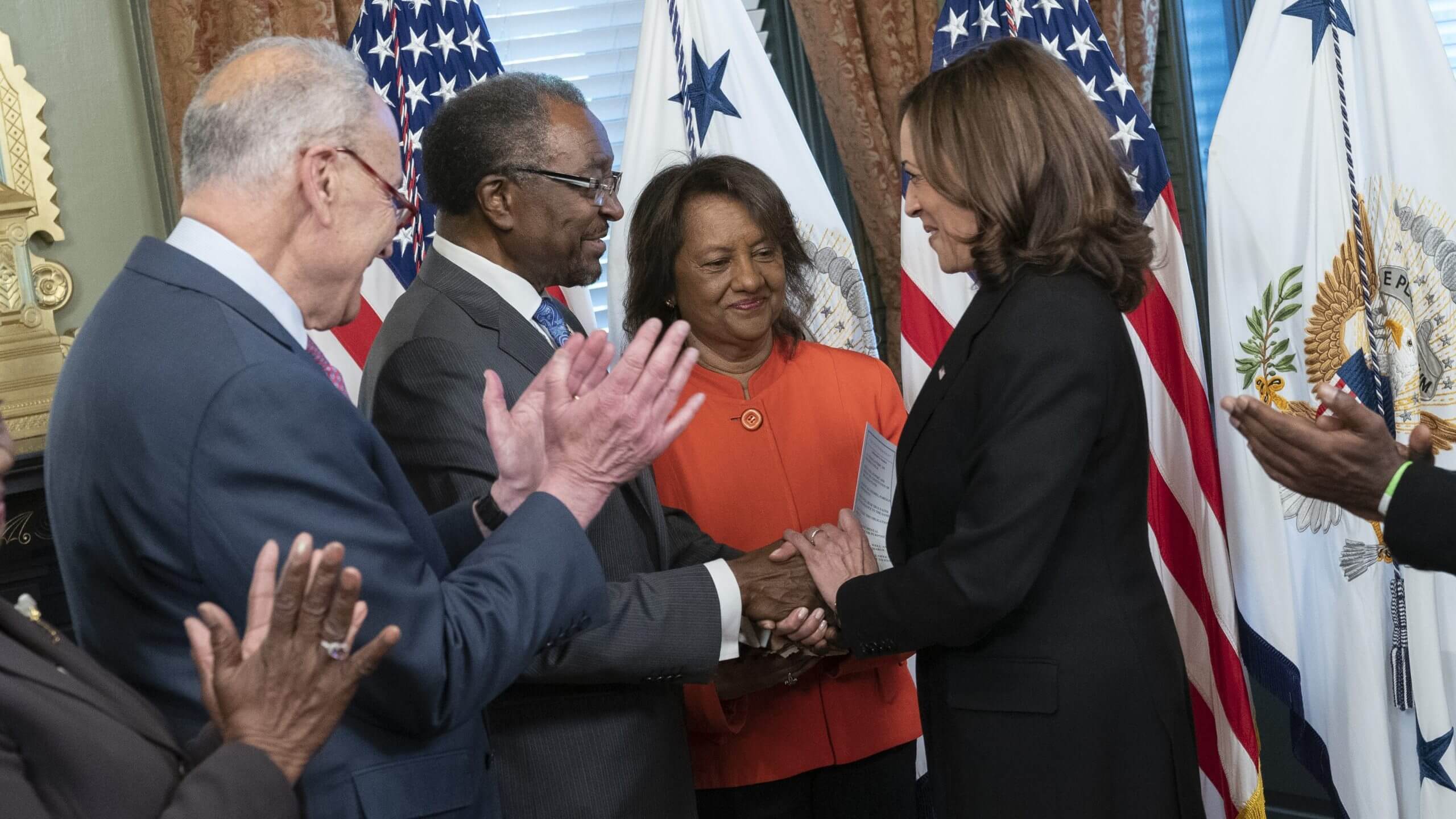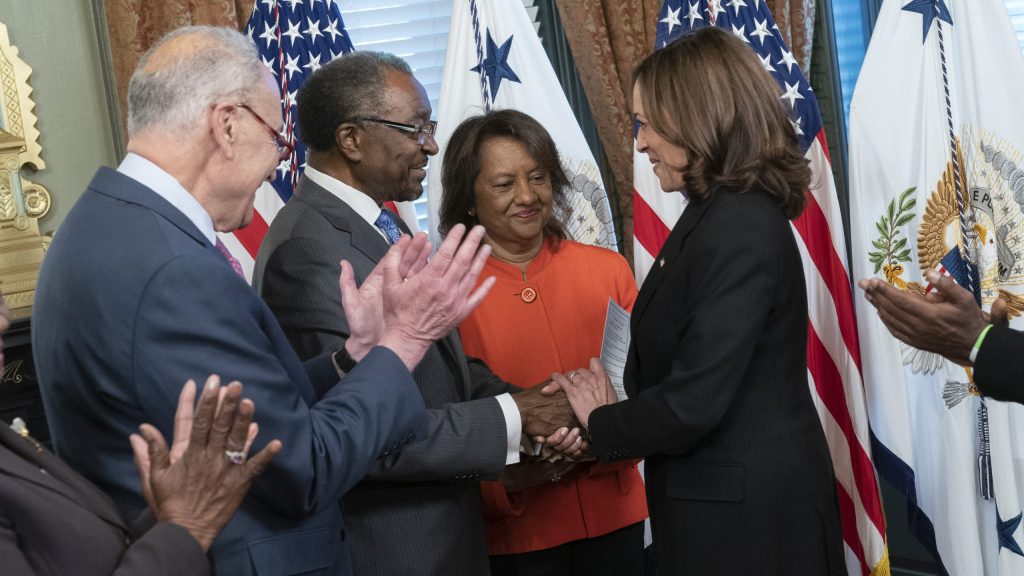Kicking off Wednesday, the Ninth Summit of the Americas could not come at a more critical time. The region is facing an array of complex challenges: Another hurricane season has begun, the effects of the COVID-19 are lingering, and global fuel and food prices are on the rise. These headwinds come as many countries’ fiscal space remains severely constrained.
Every country in the Americas is affected in some way—but none more so than the fourteen-member Caribbean Community (CARICOM). These countries have small markets and populations; import food, fuel, and medical services; and are mainly tourism- or commodity-dependent economies. The result is that as regional and global crises worsen, this group of small democratic states is at greater risk of economic decline, domestic instability, and even democratic backsliding without greater support from its partners—beginning with the United States, which will host the event for the first time since 1994.
Why does a group of small Caribbean states matter to the United States and its interests? For one, most CARICOM countries are stable democracies, an increasingly rare commodity in a hemisphere where authoritarian tendencies are growing. Located close to US shores, but also situated in other parts of the hemisphere (Guyana and Suriname in South America and Belize in Central America), any spillover from instability from farther-flung places could directly impact the United States.
CARICOM countries are also crucial to the US economy and hold key votes in multilateral forums that advance US regional and international interests. In the Organization of American States, for example, CARICOM holds 40 percent of the hemisphere’s votes. The region is seen as a vote multiplier in international organizations when the Community aligns with other regional bodies, such as the African Union. These countries also contribute to a third of…








